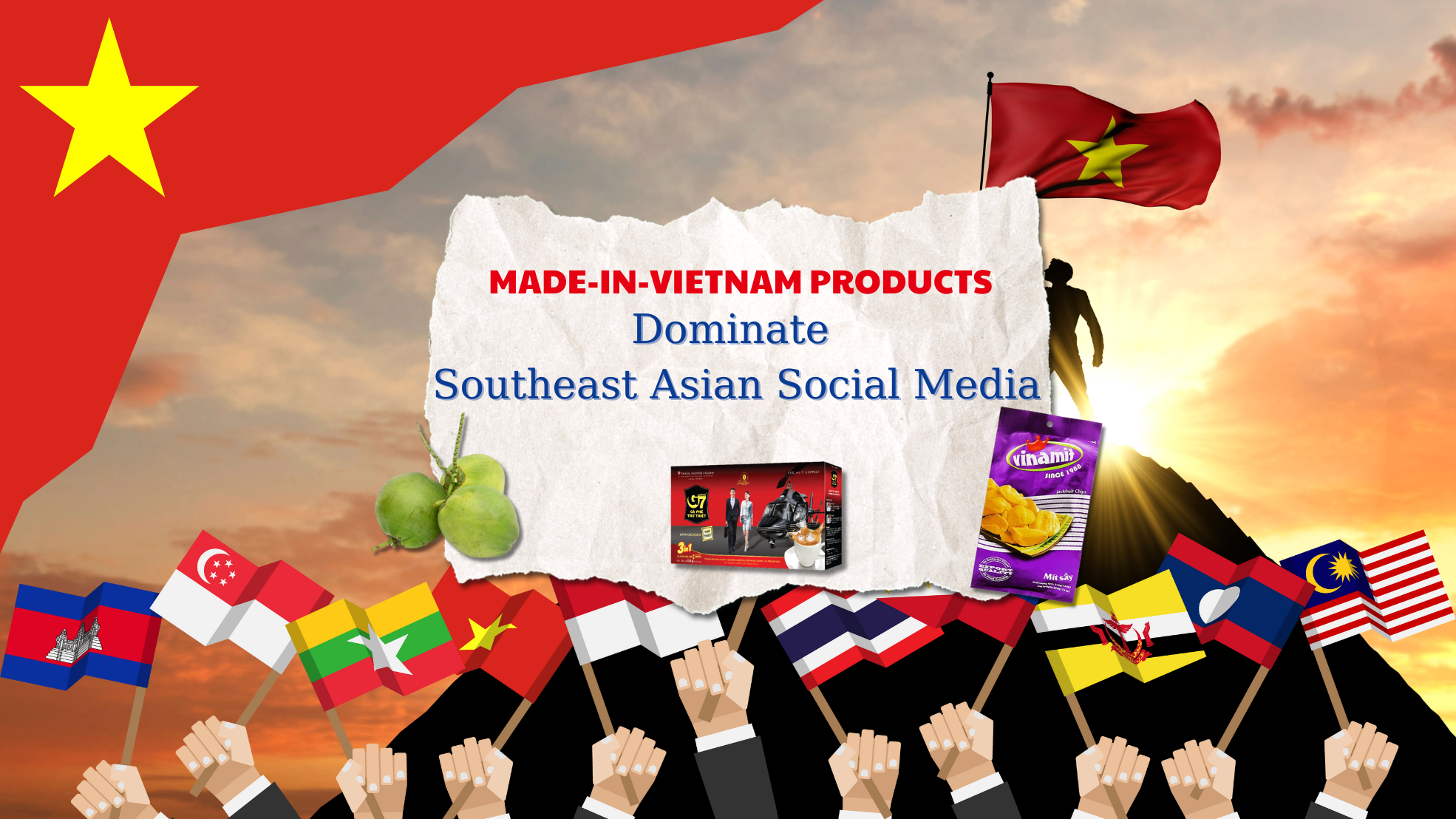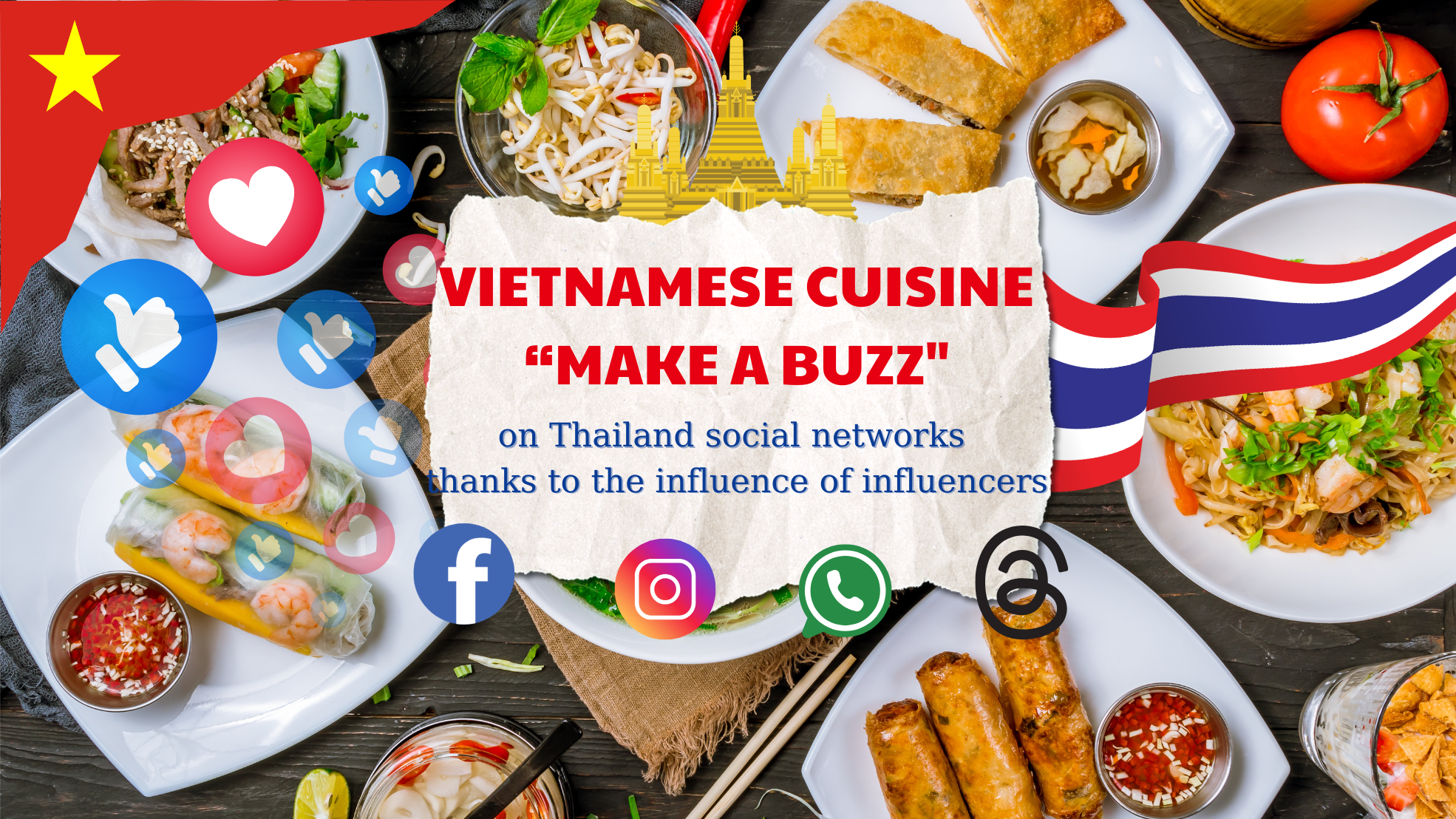Following Thailand’s footsteps, Vietnam is actively enhancing its competitiveness in the Halal industry, with agricultural products and processed foods identified as key focus areas for entering this sector.
Thailand Ranks Third in Southeast Asia for Halal Industry
Despite not being a Muslim-majority country, Thailand has long positioned itself as the “Kitchen of the World” and developed a comprehensive national strategy to expand its share in the global Halal market. Halal products have been a significant export focus for the “Land of Golden Temples.” Thailand has established the Thailand Halal Valley to concentrate on research, technological advancements, and innovation in Halal products to keep pace with global trends. Additionally, the Thailand Halal Industry Center supports businesses in product development, obtaining Halal certification, and promoting trade.
In May 2025, Thailand and Indonesia upgraded their diplomatic relations to a Comprehensive Strategic Partnership, aiming to strengthen cooperation in promoting the Halal industry and opening markets to each other.
Vietnam, Though Late, is Actively Catching Up
From 2020 to 2023, the Vietnamese government issued directives to develop strategies to boost the Halal industry, aiming to position Vietnam as a hub for Halal production and supply in Southeast Asia. This direction opens opportunities for Vietnamese products to reach the global Muslim community of 2 billion, including 220 million in Indonesia. However, Vietnam faces competition from other Southeast Asian countries like Indonesia, Malaysia, and Thailand, all vying for a larger share of the vast Halal market.
In 2025, amid global economic fluctuations and increasing trade barriers, the Vietnamese government has prioritized diversifying markets, with a strong emphasis on the Halal product market. Since March 2025, Vietnam and Indonesia have also upgraded their diplomatic ties to a Comprehensive Strategic Partnership, focusing on agriculture, food processing, and the Halal industry.
However, Vietnamese products face challenges in penetrating the Indonesian market, including issues with Halal certification, the lack of a comprehensive domestic ecosystem to support the Halal industry, and the need to build a competitive edge against Thailand. To establish an initial advantage, agricultural products are Vietnam’s spearhead. In recent engagements with Indonesia, Vietnam has prioritized introducing processed foods and agricultural products to the market, as these products can meet Halal standards more quickly since they do not involve meat or require slaughtering processes.
Bright Spots for Vietnamese Food in Indonesia
In recent years, Vietnamese products have gained increasing popularity among Indonesian consumers, driven by the younger demographic. This group is exploring foreign cuisines and brands through platforms like YouTube and TikTok, where videos reviewing Vietnamese products such as instant noodles, instant coffee, and rice paper are popular. The trend of seeking new culinary experiences has made Vietnamese products trendy among urban youth, with Vietnamese restaurants now present in most major shopping malls in Jakarta.
Post-COVID, a health-conscious lifestyle emphasizing balanced diets and exercise has become fashionable in Jakarta’s urban centers. Consequently, the health-focused food sector has seen robust growth. Vietnamese dishes like phở, bún bò, and spring rolls are well-loved in Indonesia, positioning Vietnamese cuisine as a healthy option that aligns with the rising trend of healthy living in one of the world’s largest urban centers.
According to The Jakarta Post on January 31, 2024, the “noodle but healthy” trend is a significant shift in Indonesia’s processed food industry. While Indonesia is a powerhouse in instant noodles, local products often contain high levels of oil, sodium, and low fiber, which are less healthy. Many local noodle brands are expanding their portfolios to include tasty yet healthier options. This presents an opportunity for Vietnamese dry noodles, phở packets, and similar products made from rice flour, which are not fried, contain no preservatives, are conveniently packaged, and have lower salt content. These products are further bolstered by the fame of phở, a well-known and popular Vietnamese dish in Jakarta.
Despite numerous challenges, this is an opportune moment for Vietnamese businesses, particularly those in agriculture and processed foods, to plan their initial steps into the Indonesian market.



